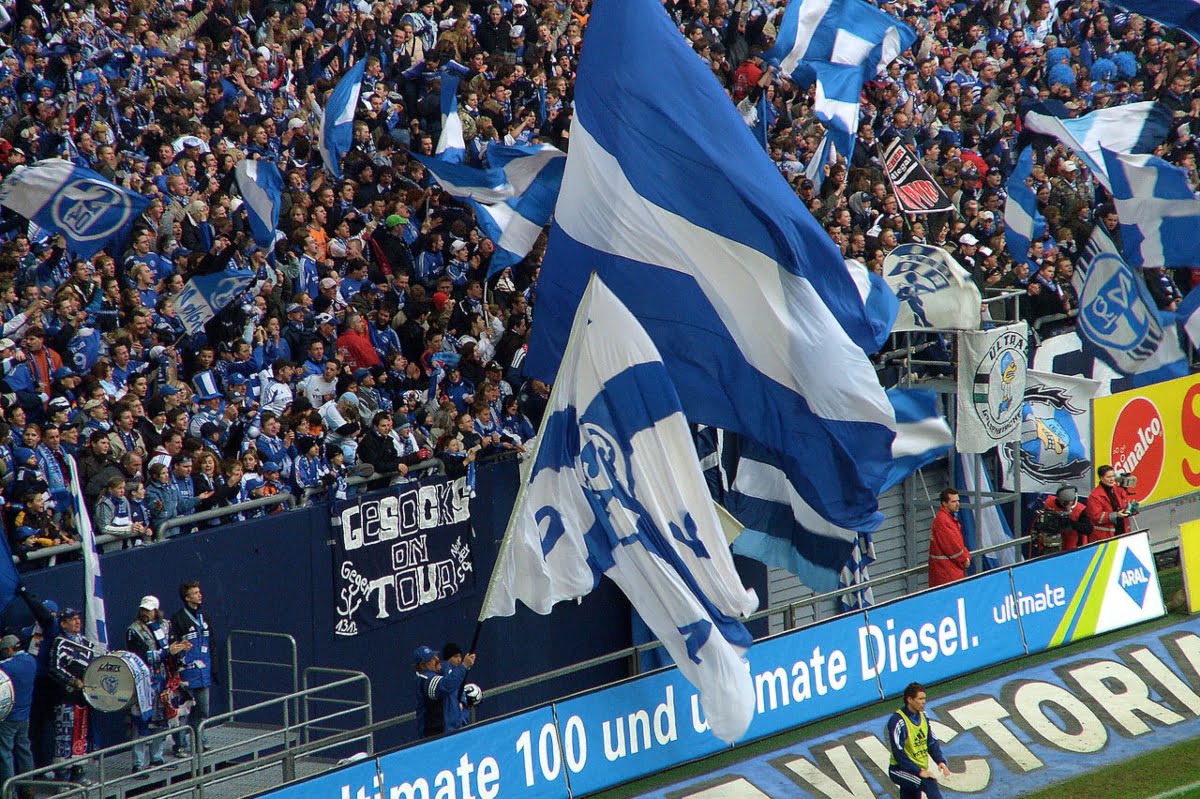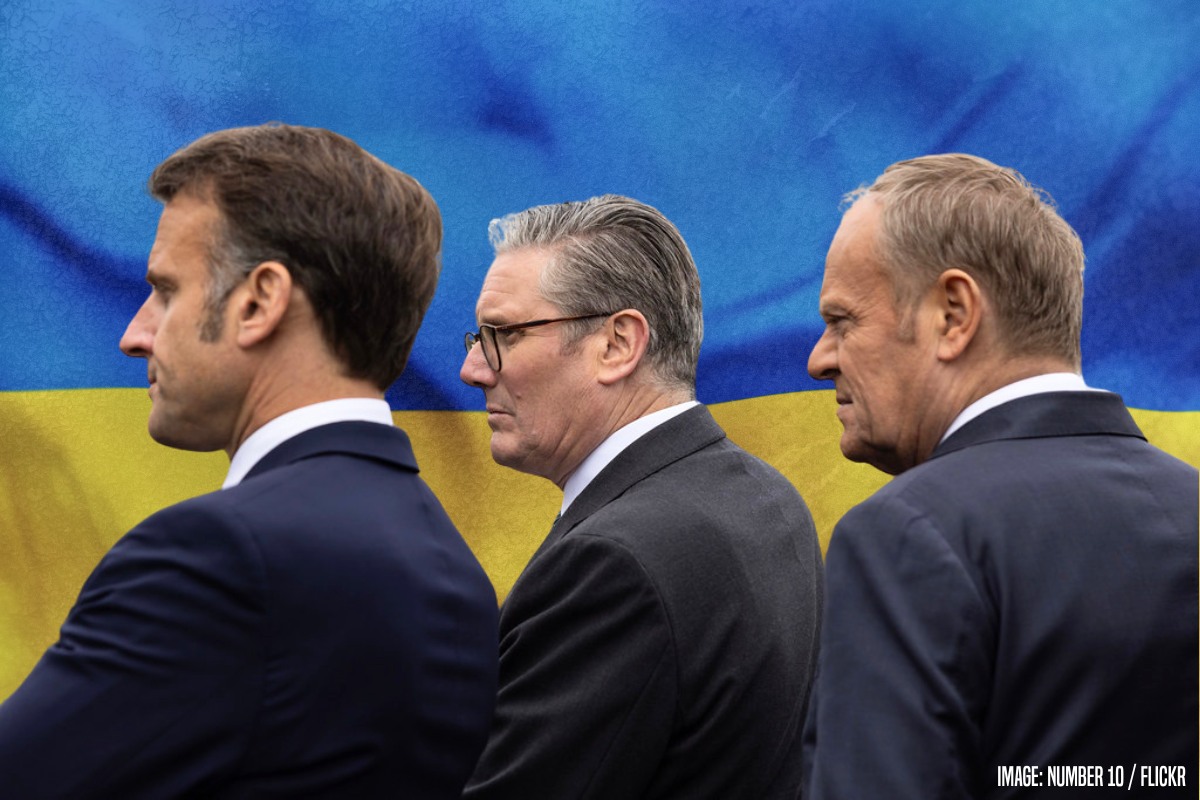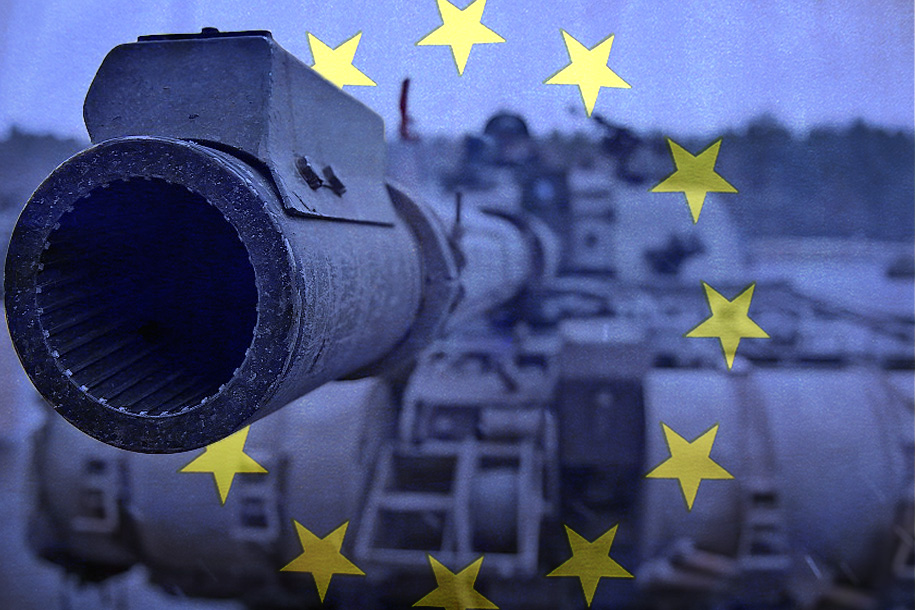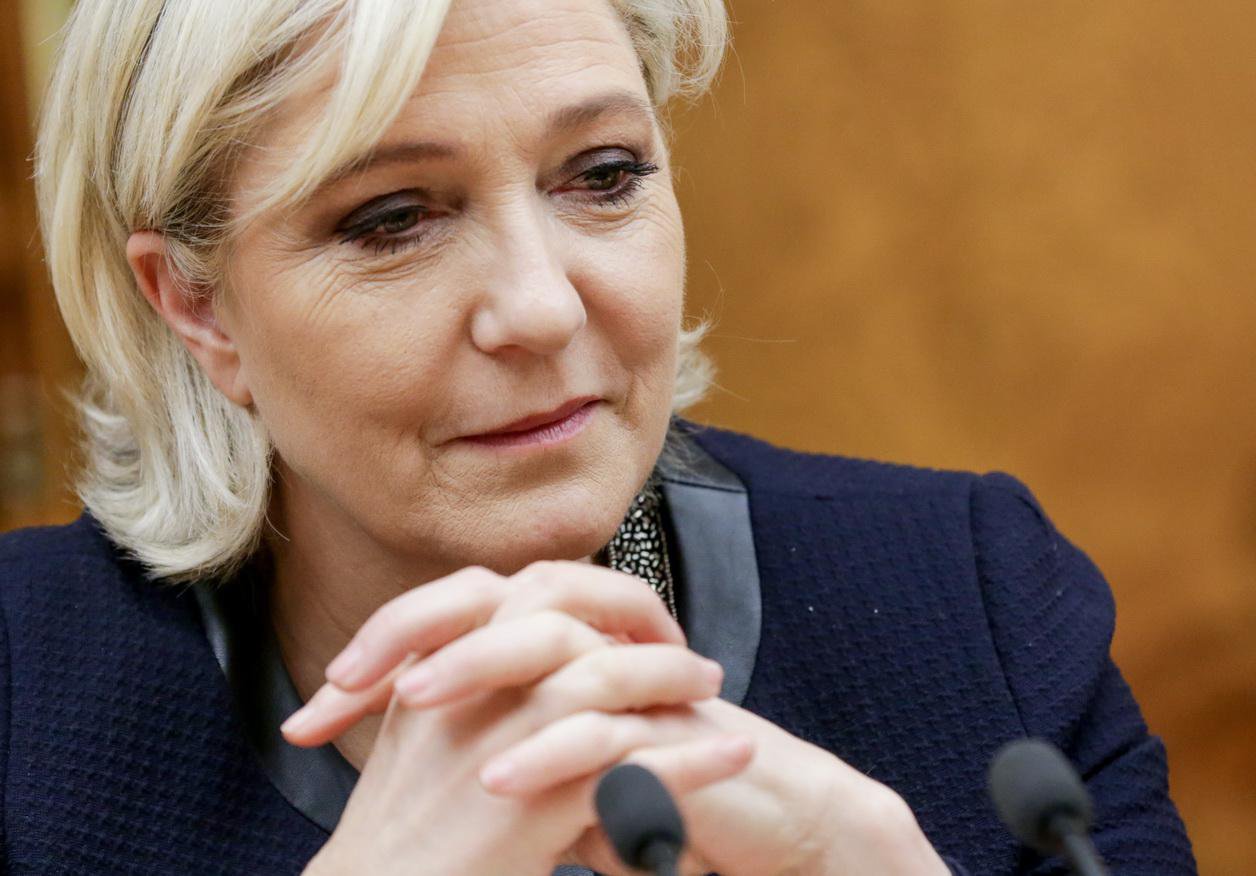German football has hit the news recently, with fans protesting against the increasing commercialisation of the sport. Once again, we see how the ‘beautiful game’ is being destroyed by profit.
The spread of coronavirus across Europe has led to the announcement that many German Bundesliga football matches will be played behind closed doors, or with very limited attendances of under a thousand. Despite the loss of income to the clubs, this announcement may be welcome relief to the beleaguered tops of German football.
For some time now there has been a growing conflict between the powers at the top of German clubs and hardcore fans on the terraces. This conflict goes to the heart of who runs the game and who it is run for.
Even the Financial Times, a paper not normally known for its interest in football, has noted how, after recent games, the “mood on the terraces became so toxic that referees came close to abandoning several matches before the final whistle.” (FT 6/3/20)
Money
German football used to be run as a fan-orientated game, with most clubs operating on a ‘not for profit’ basis. Even after large companies were allowed to buy a stake in clubs, a rule was introduced in 1998 which stated that such interests could not own more than 49% of a club.
The ‘50 plus 1’ rule was seen as essential in preserving the traditional character of German football. Even today, it is possible to still see the clear difference between football in Germany and elsewhere.
In Britain, for example, fans attending games are essentially treated as unwelcome visitors, if not as outright criminals – despite paying monstrous ticket prices for the privilege. UK football fans are only allowed to attend matches as sources of cash, and as silent extras for the TV companies, who demand their pound of flesh in return for the lucrative deals that underpin the Premier League.
In Germany, however, fans enjoy cheap tickets, free transport to-and-from games, and relative freedom on the terraces, including the right to drink alcohol. This, in effect, is a completely different atmosphere – one that German football fans are keen to preserve.
Big business
Hardcore football fans are called ‘ultras’. But unlike their equivalents in Spain or Italy, German ultras are often quite left-wing in tone, standing up against racism, homophobia and exploitation. They are also ready to fight for their rights and stand together, bridging traditional rivalries.
The relentless march of big business into the German game has resulted in TV contracts that mimic those of the UK and US. This has involved games kicking off at all manner of odd times, including Monday night.
These Monday games have proved most unpopular, with major protests being staged over many months. In February, fans of Eintracht Frankfurt left a terrace empty in order that a huge banner attacking Monday night games could be properly displayed. So much hostility has been generated over this that Bundesliga chiefs have announced that the next TV contract will not include a Monday option.
The main issue to have angered fans, however, has been the successful attempts to bypass the ‘50 plus 1’ rule. RB Leipzig has used funding from Red Bull to rise up from the fifth tier to the top of the Bundesliga. The RB officially stands for Rasenballsport (as the new owners renamed them) – but everybody knows what RB is really meant to stand for.
Anger brewing
A more controversial case has been that of TSG Hoffenheim, where billionaire Dietmar Hopp has been allowed to buy a major stake in the club and bankroll its success for his own glory. Many see this as just another step towards the ‘Premier Leagueing’ of the Bundesliga, with clubs operating as playthings for rich magnates, corporations, and even whole countries.
Protests against Hopp have been ongoing. After one incident, Borussia Dortmund fans found themselves banned from Hoffenheim for two seasons. In solidarity, Bayern Munich fans attending a match at Hoffenheim a few weeks ago again raised a banner attacking Hopp.
PHOTO | Protest banners against Dietmar Hopp! pic.twitter.com/Kf7syQ7Ehj
— Antifa_Ultras (@ultras_antifaa) March 6, 2020
The establishment reacted by taking the players off, whilst attempting to get the banner taken down. When they finally returned to the pitch, the players just wound down the last part of the game, kicking the ball between each other or strolling around chatting. Videos of this went viral, alerting the world to what had been bubbling on beneath the surface.
As journalist Archie Rhind-Tutt told the BBC: “This is a microcosm of the debate which has been brewing away in German football for ages – tradition being rolled over by the new wave of money.”
Protests
The football authorities were quick to attack the actions of the Bayern fans, praising Hopp’s ‘contribution’ to the game and society – as if he was some sort of saint – and calling for protests to end.
But they did not. The following weekend banners were everywhere. “World Cup arranged through bribery, presented as a fairy tale, slavery ignored, racism talked away, and now unashamedly courting an insulted billionaire,” read one banner during Mainz’s game with Fortuna Düsseldorf.
Hertha Berlin fans held banners saying: “Bribes, collective punishments, deaths in Qatar. It’s clear who the grotesque face of football is.”
Bayern fans attacked the fawning tone of club bosses, and raised opposition to the club’s links to the regime of Qatar.
Struggle
Far from drawing a line under the whole conflict, it seemed that things were beginning to heat up. In many ways, therefore, the arrival of the coronavirus scare will have come as a welcome distraction for the bosses at Bundesliga HQ, which has seen more than its fair share of scandals in recent years.
The ultras are determined to ensure that German football does not head down the same commercialised path as that seen in Britain. They will therefore be back fighting once the coronavirus outbreak has passed.
This struggle against profiteering is a reflection of the wider conflict within society: between rich and poor; between the powerful and the masses; between the bosses and the working class. This is a conflict that will not go away under capitalism either.






